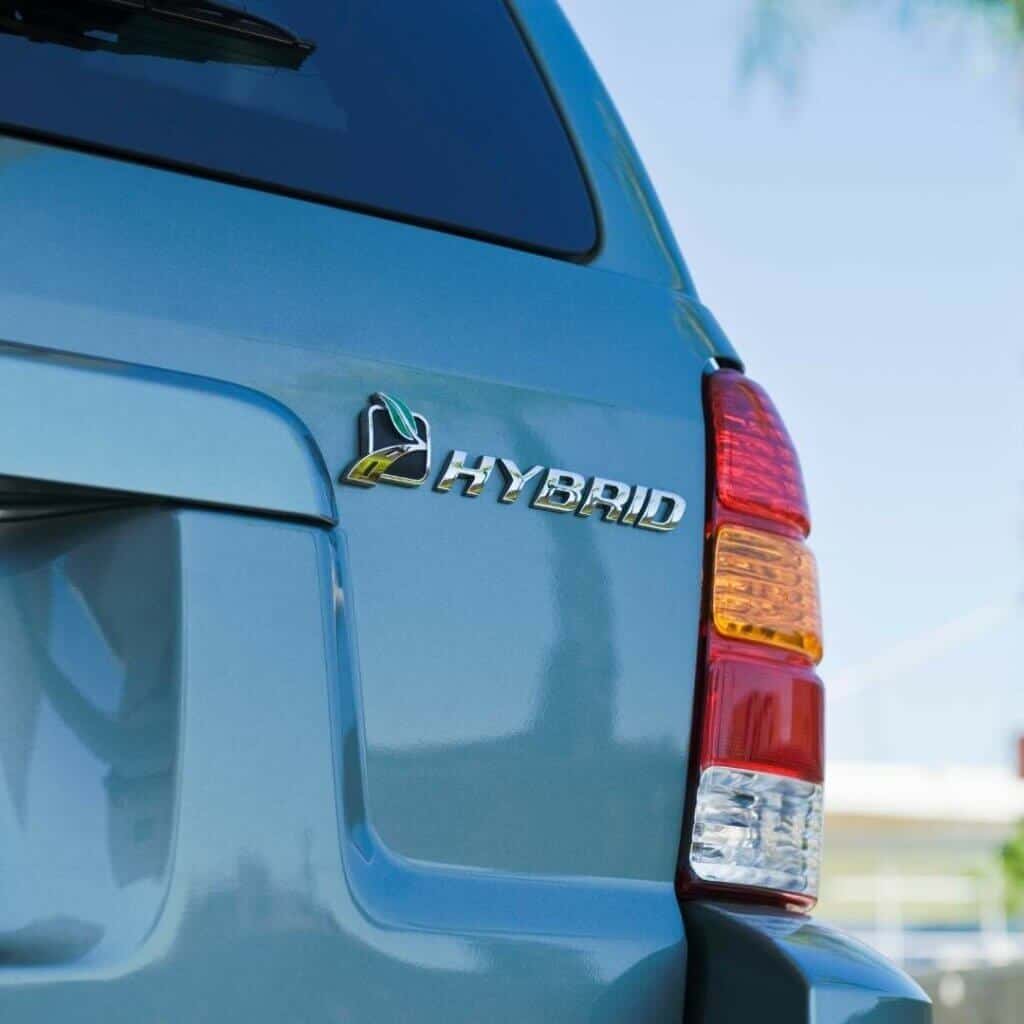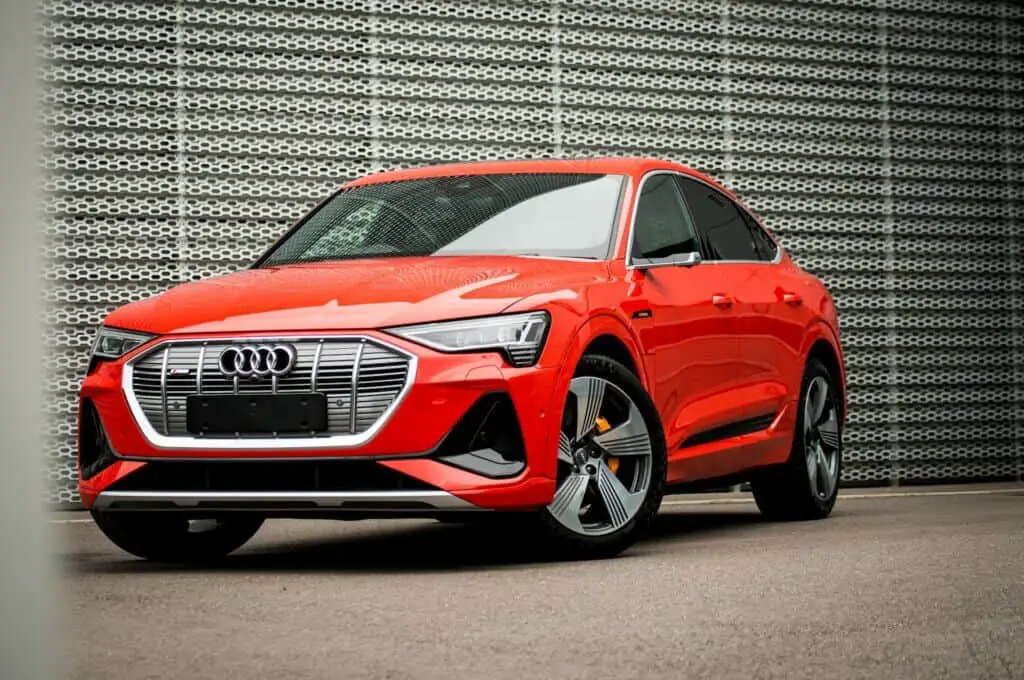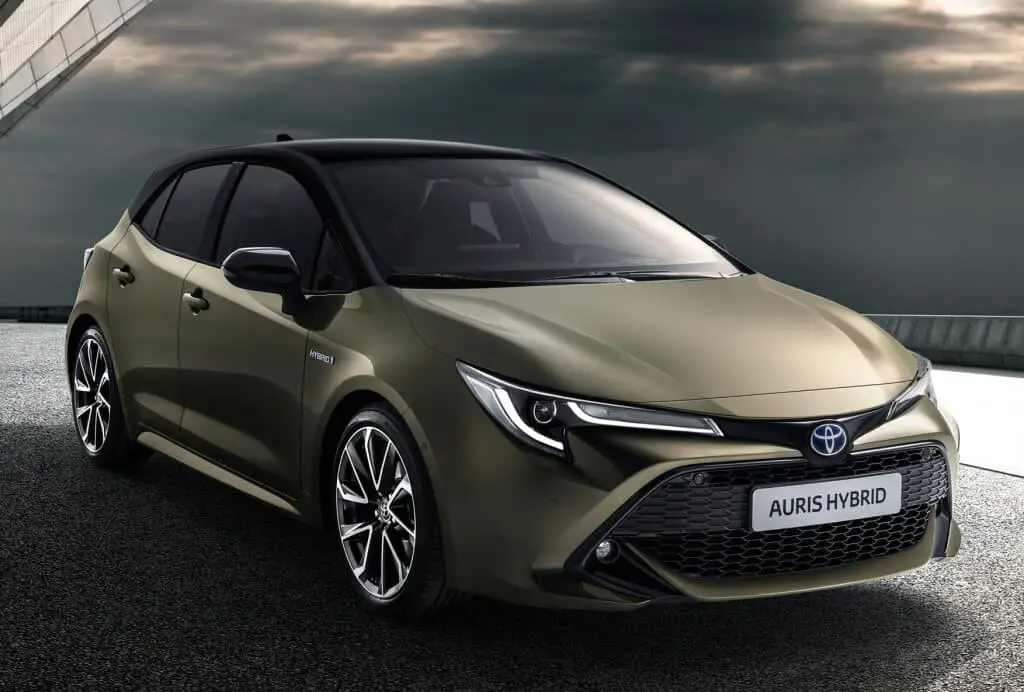Would you like to know more about common Toyota Fielder Hybrid problems? Stay with us.
Motor vehicle Manufacturers have discovered ways to create automobiles in the twenty-first century that are more eco-friendly and less reliant on fuels derived from oil.
In our opinion, a hybrid powertrain, which combines many energy sources into a single unit to achieve exceptional fuel efficiency and noticeably lower emissions at a cost that consumers can afford, is a key technology for attaining these objectives.
Hybrid vehicles have continuously improved since the 1997 launch of Prius, the first hybrid vehicle built in large quantities [1]. With each generation of hybrids, fuel efficiency has increased by about 10%.
In addition to being more efficient than ever, hybrids today perform better and are renowned for their durable construction, dependability, and affordable maintenance.
The goal is to create affordable technology so that many customers can use it to maximize hybrid vehicles’ potential to cut emissions [2].
Because of this, 44 different hybrid models are currently available, up from just one “Prius” model. In addition, the technology reach has expanded to more prospective customers as the variety of hybrid vehicle types increased.
The manufacturers’ targets of selling 15 million hybrids globally and achieving an annual sales pace of 1.5 million vehicles by 2020 were met partly as a result [3].
A hybrid automobile family member is the Toyota Fielder hybrid, one of the most fuel-efficient vehicles on the market, among other advantages such as reduced emissions, modern safety features, reliable engine, Lower cost of routine maintenance, and relatively low purchase prices.
Most Common Toyota Fielder Hybrid Problems

- Faulty batteries
Concerns about the batteries in Toyota’s hybrid vehicles are mounting. The majority of hybrid automobiles employ 12-volt batteries, which are similar to those in standard cars. This fuels the car’s interior accessories and relieves some of the load on the main high-voltage hybrid battery.
The issue is that because it can occasionally get flat, it isn’t always able to do that [4].
Vehicle batteries are often weaker than conventional automobiles, requiring more frequent repair. This cost may not be high in the long run, depending on how much gasoline a hybrid vehicle’s driver uses daily, but it is still a good idea to be ready for it.
The price to replace the battery in a hybrid car can occasionally be higher than in a standard vehicle of the same size.
Although this is common with ordinary cars, Toyota hybrids haven’t typically had this issue until recently. Additionally, one would anticipate batteries to last a few weeks before losing power.
However, it’s crucial to remember even high-voltage batteries in hybrids lose their strength when kept idle for a long time due to the difficulty of storing electrical energy [5].
In light of this, it’s best to keep your hybrid operational frequently.
When your 12-volt or high-voltage battery develops problems, keep an eye out for these signs:
- Engine noises that grind
- Delayed starting
- Reduced fuel efficiency
- Dim headlights
- Problem with oxygen sensors
High levels of oxygen in the exhaust indicate a serious gas mileage issue. The amount of unburned oxygen discharged through the exhaust is measured using oxygen sensors.
Replacing oxygen sensors can be an expensive repair. However, drivers will ultimately save money by avoiding costly fuel inefficiency.
- Low fuel efficiency during cold weather
Some hybrid vehicles may get more than 50 miles per gallon on a typical day. The Toyota Corolla Hybrid Fielder might even get up to 54 miles per gallon in perfect conditions.
However, many car owners are dissatisfied with the fuel economy of these vehicles in cold weather. Cooler temperatures affect battery performance since cold slows down chemical reactions [6].
Batteries have to work harder, which stresses them and reduces performance. You know that when the engine performs most of the work, it needs more fuel.
As a result, drivers might be prepared to spend more on petrol this winter. In the cold, the hybrid Toyota Corolla often has poor fuel efficiency.
- A Catalyst Converter
If you’ve ever had to change the catalytic converter in your car, you know it’s not an easy fix. Unfortunately, replacing a catalytic converter can be pricey, depending on the vehicle. And regretfully, it’s one of the more expensive maintenance tasks for hybrid cars.
- Evaporative Emissions System.
Leaks or failures in the evaporative emissions system are common issues that hybrid vehicle owners may encounter. This emission control system frequently requires new components because of faulty valves or lines.
- Possible Inverter Malfunction
Direct currents (DC) are the energy types that hybrid and electric vehicles’ batteries store. Alternating Current (AC) is used to power their electric motors.
The inverter steps in since it transforms the DC to AC needed for the electric motor to work in this situation [7].
In contrast to the other issues on the list, inverter dysfunction is the least concerning. On the other side, unlike an all-electric automobile, a hybrid car is not rendered immobile by a malfunctioning inverter.
- Low Highway Gas Mileage.
Regenerative braking is a unique energy-capture technique used only by hybrid cars. Hybrid vehicles drive on the highway in a manner akin to compact vehicles.
While this doesn’t hurt fuel economy, it also doesn’t help. Batteries don’t get recharged when hybrid drivers drive at highway speeds without frequently stopping.
- Toyota Fielder Hybrid Battery Life.
Under the car’s floor is where the Toyota Fielder Hybrid battery pack is situated. Two battery packs are in the front of the vehicle, while the third one is in the back.
There are three battery packs in total in the car. There are 32 distinct lithium-ion batteries in the battery pack of the Toyota Fielder hybrid [8].
To create a 12-volt battery pack, the batteries are connected in series. Several electrical wires link the pack to the car’s electrical system. The Toyota Fielder Hybrid battery pack is not intended to last the vehicle’s lifespan. Every five years, the batteries are meant to be changed.
- Toyota Fielder Hybrid Range
A hybrid variant of the Toyota Fielder is the Toyota Corolla Fielder. This vehicle’s 1NZ-FXE engine is the same one found in several Prius models.
This 1.5L Atkinson cycle engine, which also has a 54kW output, comes with a 45kW electric motor. A big claim made by the Toyota-Fielder hybrid is that it can go 33.8 kilometers per gallon on average.
Some automobiles barely manage 10 km/l. The fuel economy of this car is exceptional. Inside, it looks wonderful. Toyota has added more security features. In general, the Toyota Fielder is a great car.
- Toyota Fielder Hybrid Battery Cost
Generally, the Toyota Hybrid Fielder battery replacement costs range from $2,000 to $8,000. However, for Toyota Corolla Fielder Hybrid Re-manufactured Battery costs $1,570. The price will ultimately vary depending on the make, model or even the service center.
Replacement 6.5Ah 144V Ni-MH Hybrid Battery for Toyota Fielder 2012, 2013, 2014, 2015, 2016, and 2017 are set to be between $859 and $999 per 1 set [9].
- Toyota Fielder Battery Warranty
All of these cars combine exceptional fuel efficiency with Toyota’s well-known reliability. But how long do their batteries typically last?
Most hybrid vehicle manufacturers believe a hybrid battery pack should last 80,000 to 100,000 miles. A standard 12-month battery warranty for the Toyota Fielder hybrid is provided.
Related: Toyota Corolla Hybrid Problems
The Toyota Hybrid Fielder has a fuel economy of 30-33 km/liter, which is higher than the non-hybrid version [10]. Moreover, hybrid cars have a lower carbon footprint and are more environmentally friendly.
However, this technology has drawbacks because there are no tax breaks or tributes to aid offset or minimize the initial investment cost. The motor, battery, and other high-priced fuel-saving technology are to blame for this.
Read Also: Toyota CHR Hybrid Problems
Conclusion
In conclusion, the Toyota Fielder Hybrid encounters a variety of issues, some of which are serious. However, the highly effective and powerful Toyota Fielder Hybrid engine ensures safe driving and remarkable fuel efficiency. Toyota hybrid models are comes with excellent new features and technologies that could last for years.
Read Next: Toyota Corolla B Gear




